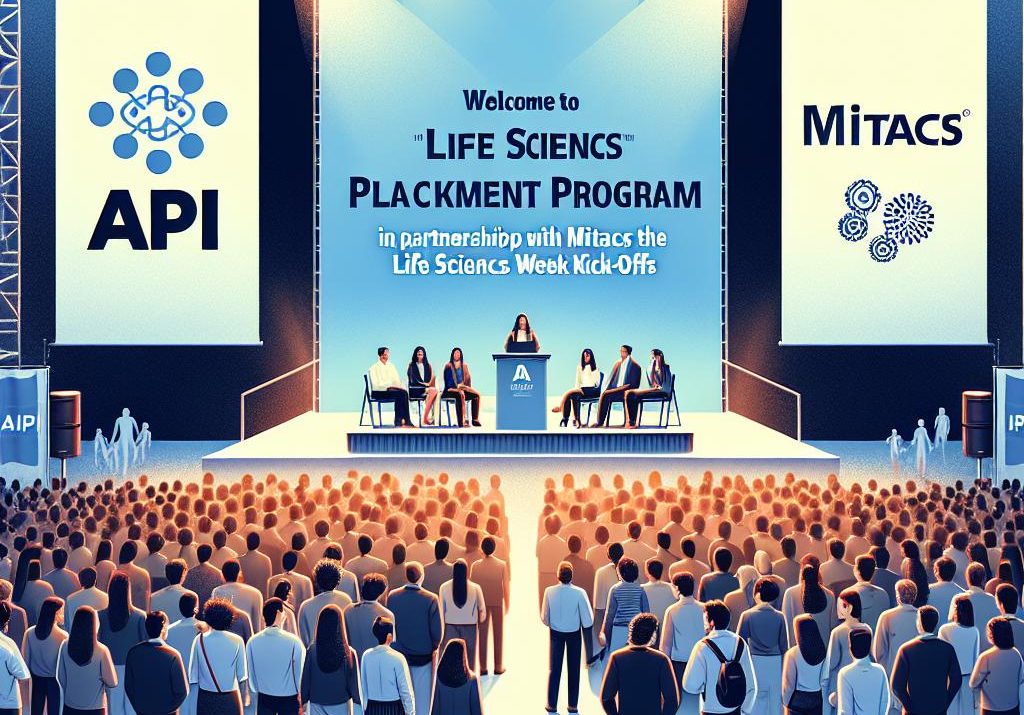Applied Pharmaceutical Innovation has launched the Life Sciences Placement Program in partnership with Mitacs, aiming to place 1,000 paid interns into Canadian life sciences companies through matching funds and tailored training. Announced in Alberta during Life Sciences Week 2025, the initiative spans the full development arc from discovery and clinical validation to commercial manufacturing, and targets skills in AI and modeling, engineering, chemistry, biology, business strategy, and regulatory affairs. Positioned as one of the largest applied training efforts in Canada, the program is designed to give early-career talent real-world experience while providing companies with subsidized workforce capacity to accelerate technology translation.
The strategic lens is straightforward: subsidized talent is now a growth lever. In a capital-constrained market where burn rates dictate survival, a scaled pipeline of trained interns reduces operating costs and compresses timelines across preclinical research, CMC, clinical operations, and evidence generation. Beyond the headcount relief, the program formalizes a skills-on-ramp for functions that increasingly shape value inflection and payer readiness—regulatory strategy, HEOR, RWE analytics, and manufacturing scale-up—areas where talent scarcity has been a structural bottleneck.
For commercial leaders, this is a near-term opportunity to strengthen launch foundations and HTA readiness by embedding cross-functional trainees into evidence planning, submission buildout, and supply readiness. Canadian biotechs can use matching funds to professionalize market access and medical writing earlier, improving dossier quality and time-to-submission. For Medical Affairs, the program can seed capabilities in decentralized trial support, site enablement, and post-market RWE, particularly as academic-to-industry transitions are streamlined. The inclusion of simulation and manufacturing exposure during Life Sciences Week, alongside tours of lab and production facilities, signals an emphasis on operational readiness, not just discovery.
Stakeholder impact will vary. Patients and HCPs stand to benefit if more locally developed technologies move through validation and into practice with stronger real-world support. Payers could see higher-quality, locally relevant evidence packages, potentially improving the efficiency of reimbursement decisions. Competitionally, Alberta’s growing cluster—now underscored by coordinated workforce financing and programming—may attract external sponsors seeking cost-effective clinical and manufacturing pilots, and could tighten relationships between local companies and global pharma through talent pipelines and co-development opportunities.
The move aligns with broader industry trends: constraint-driven innovation financing, the onshoring of biomanufacturing, and the institutionalization of public–private training consortia as a response to chronic skills shortages. It also reflects the shift from episodic grants to repeatable workforce mechanisms that lower the cost of progress across multiple programs, not just individual assets. In a cycle where M&A remains selective and venture dollars are scarce, talent arbitrage is emerging as a pragmatic way to sustain momentum and de-risk early development.
The test now is conversion. Can 1,000 placements translate into sustained employment, measurable reductions in time-to-IND and time-to-HTA, and more first-in-human studies originating in Canada? Will Big Pharma embed Medical Affairs, RWE, and CMC hubs in Alberta to capitalize on subsidized, trained talent and cluster density? If this model proves it can move the needle on manufacturing throughput, regulatory quality, and payer-ready evidence, expect replication across other provinces—and a recalibration of where global companies choose to build their next capabilities center.
Jon Napitupulu is Director of Media Relations at The Clinical Trial Vanguard. Jon, a computer data scientist, focuses on the latest clinical trial industry news and trends.







